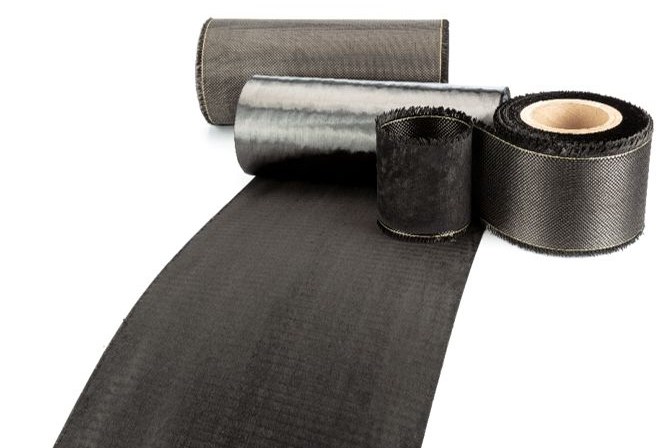New funding accelerates Boston Materials' composite development
The funding enables Boston Materials’ efforts to expand its Supercomp reinforcement product’s presence in the market.

Source | Boston Materials
Boston Materials (Bedford, Mass., U.S.), a manufacturer of advanced carbon fiber products, reported on May 18 that it has received funding from the National Science Foundation (NSF) to accelerate the development and launch of lightweight materials. The new funding increases NSF’s non-dilutive investment in Boston Materials to nearly $1 million.
“These new materials have the potential to eliminate the range anxiety associated with electric vehicles, reduce the cost of air travel and increase the connectivity of our electronic devices,” says Anvesh Gurijala, Boston Materials founder and CEO. “Continued support from NSF through America’s Seed Fund and the SBIR program allows us to accelerate our development, even during the economic environment created by the COVID-19 pandemic.”
With similar endeavors previously financed by SABIC Ventures, Clean Energy Ventures, and the Clean Energy Venture Group, Boston Materials will use the funding to combine the company’s high-performance and sustainable Supercomp carbon fiber products with thermoplastics for injection molding, additive manufacturing and other high-speed processes common in the transportation and electronics industries. The development is a key part of Boston Materials’ overall effort to transform the transportation, electronics, energy and infrastructure industries with composite materials.
Related Content
-
Aviation-specific battery system uses advanced composites to address electric, hybrid flight
BOLDair’s composite enclosure, compression structures and thermal runaway management enables high-performance electric energy storage.
-
Carbon Mobile, SABIC to develop, deploy advanced carbon fiber in connected devices
Collaboration aims to deliver the next generation of thinner, lighter, stronger and more sustainable composite materials used in consumer electronics and automotive industries.
-
Carbon Mobile carbon fiber powers handheld gaming platform
HyRECM technology effectively stabilizes carbon fiber’s electrical and antenna properties, enabling development of next-gen electronics, such as the Snapdragon G3x Gen 2.













